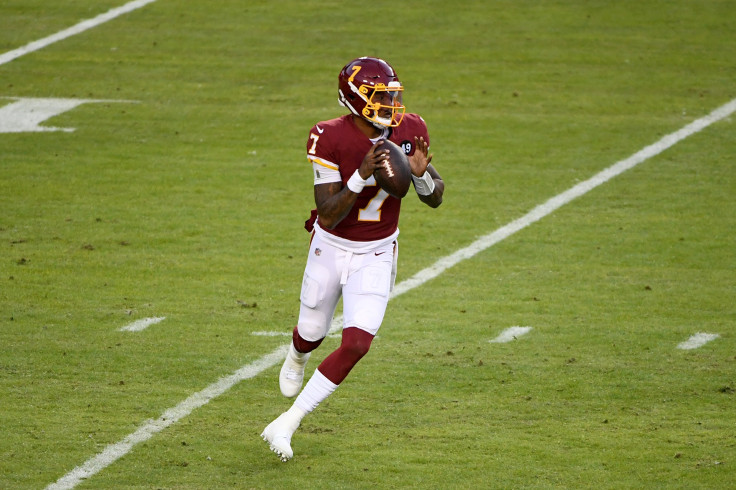Traumatic Brain Injuries Could Now Be Prevented With This FDA Approved Device
The fear of acquiring a traumatic brain injury (TBI) could be permissible for those 13-years-old and older with this new Food and Drug Administration-approved device, the Q-Collar.
For those who play football, soccer, hockey or other high-impact sports, this device could be a game-changer when it comes to safety. It fits right around the player’s back and sides of their neck.
"Today's action provides an additional piece of protective equipment athletes can wear when playing sports to help protect their brains from the effects of repetitive head impacts while still wearing the personal protective equipment associated with the sport," said Dr. Christopher M. Loftus, acting director of the Office of Neurological and Physical Medicine Devices in the FDA's Center for Devices and Radiological Health.
7 years ago, we were approached by @gregmyer11 about being a part of a revolutionary study on possibly preventing head injury. 7 years later, FDA approval for the Q-collar!! Congrats to everyone who helped make this a reality!! https://t.co/iGlVdZfGJM
— Michael Gordon (@StxATC) February 27, 2021
The Q-Collar clamps down on the blood vessels inside and around the neck, which in turn increases blood volume in the skull to limit brain movement inside the skull, according to researchers CNN reported.
In order to approve this injury-preventing item, the researchers on the project looked at 300 high schooler football player’s brains before and after the season, with only half of them wearing the Q-Collar.
They found that 73% of those without the device all season had deep structural changes in their brain, while 77% of those who wore it had no significant changes.
The FDA explains that there’s no evidence of it preventing concussions and that it shouldn’t replace other protective equipment.
A few long-term effects a TBI can bring include sleep disorders, seizures, chronic pain, memory problems, depression, vision problems, confusion and more Brain Line reports.

© Copyright IBTimes 2024. All rights reserved.





















